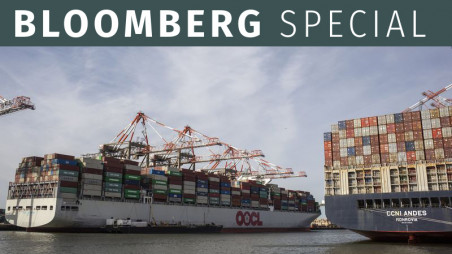Reshaping Supply Chains for Resilience in the Wake of the Pandemic
The pandemic has highlighted the importance of resilient supply chains, which are vital for the global economy. Supply chains are the assembly lines that deliver goods for final consumption, and involve product development, sourcing the raw materials, assembling the parts, testing the end product, and shipping it to you. Historically, supply chains were simple and operated within confined geographic areas, but now they are highly complex and involve numerous producers around the globe.
The pandemic caused widespread factory closures that reverberated through supply chains as intermediate inputs from closed factories became scarce. This caused an extraordinarily high demand for goods at a time when the world’s ability to supply these goods was facing unprecedented challenges. In the wake of this, policymakers and firms are discussing several options that could reshape supply chains, such as “reshoring”, diversification, and overstocking.
The evidence available so far does not favor the reshoring approach, as it would yield less efficient production and not improve resilience. Diversification and overstocking are essentially insurance strategies, and countries and companies have adopted them to better withstand supply shocks. Going forward, it is important to ensure that supply chains remain resilient and can withstand future shocks.


私は、この記事の考えに賛成です。世界的な供給チェーンを管理するために、データ分析がどれだけの価値を持つか驚きました。今後の衝撃に対して供給チェーンを柔軟にしてくれる他のツールはありますか?
I agree with the article that diversification and overstocking are the best strategies for a resilient supply chain. I’m surprised at how much data analytics has to offer, especially when it comes to managing global supply chains. What other tools are available to help manage supply chains?
Interesante articulo. Me pregunto que otras estrategias los politicos y las empresas pueden usar para rediseñar las cadenas de suministro?